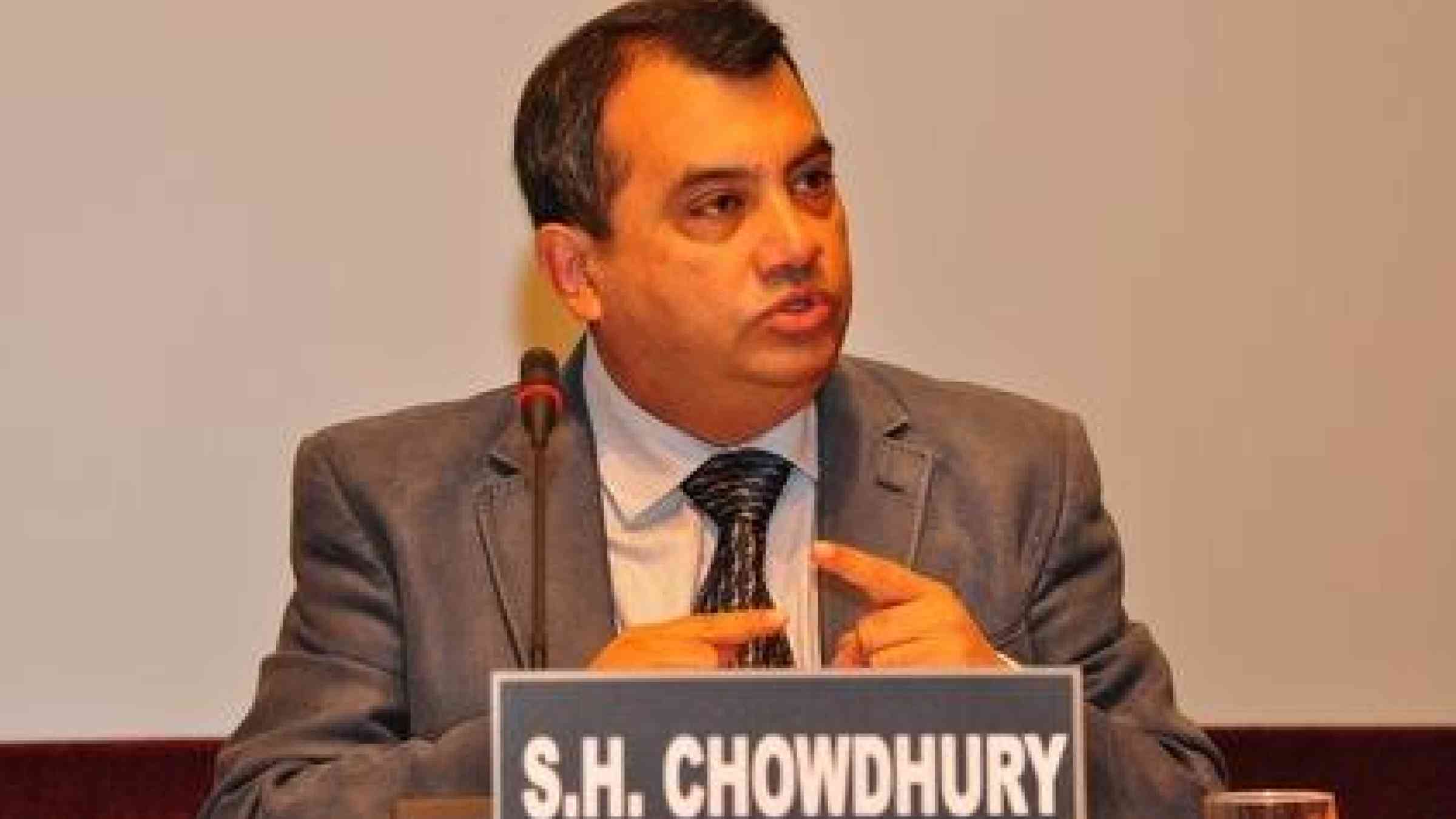74 parliaments, one message: Reduce disaster risk

GENEVA, 8 October 2013 – Legislators from 74 parliaments around the world yesterday agreed that building safer and more resilient communities requires a paradigm shift towards a “disaster risk-sensitive development model”.
In a debate entitled “Towards risk-resilient development: Taking into account demographic trends and natural constraints” the Inter-Parliamentary Union’s (IPU) 129th Assembly’s moved a step closer to adopting a resolution on the issue at its Spring 2014 assembly.
One of the most striking interventions came from Chilean National Congress Deputy Dr Fernando Meza Moncada who described how, as a 14-year-old in 1960, he witnessed the most powerful earthquake in recorded history as it “swallowed houses whole killing hundreds of people”.
“The earthquake also caused the sea to rise and it swallowed entire villages; it reminded us all of how fragile we are. We need to imagine a better future that sees disasters having less impact on people and the economy,” Dr Moncada said.
Legislator Mr Andrei Andreev, of the Belarus delegation, emphasized the importance of building on the success of the Hyogo Framework for Action: “It is vital to endorse the post-2015 international framework for disaster risk reduction during the 3rd World Conference on Disaster Risk Reduction in Japan, in March 2015.”
Mr Andreev’s focus on the importance of the follow-up to the Hyogo Framework was echoed by MP Mr George Varnava, of Cyprus, who said “disasters can wash away and destroy development achievements in the blink of an eye”.
The delegations from Ethiopia and Kenya highlighted the increasingly important issue of exposure of vulnerable communities and economic assets.
The two co-rapporteurs and members of parliament, Mr Saber Chowdhury of Bangladesh and Mr Philippe Mahoux of Belgium, both urged a comprehensive approach from legislators.
“Disaster risk-resilient development requires a clear paradigm shift from a risk insensitive development model to a risk-sensitive one, with disaster risk assessment recognized as a prerequisite for development planning,” said Mr Chowdhury, who is a UNISDR Champion for DRR and Co-Chair of the Global Advisory Group of Parliamentarians for DRR.
The Head of UNISDR, Ms Margareta Wahlström, was a top table panelist during the debate. She urged parliamentarians to play their part in strengthening risk governance, engage with local authorities as primary partners, focus on the importance of education and remember that leading on the safety of citizens is a vote winner.